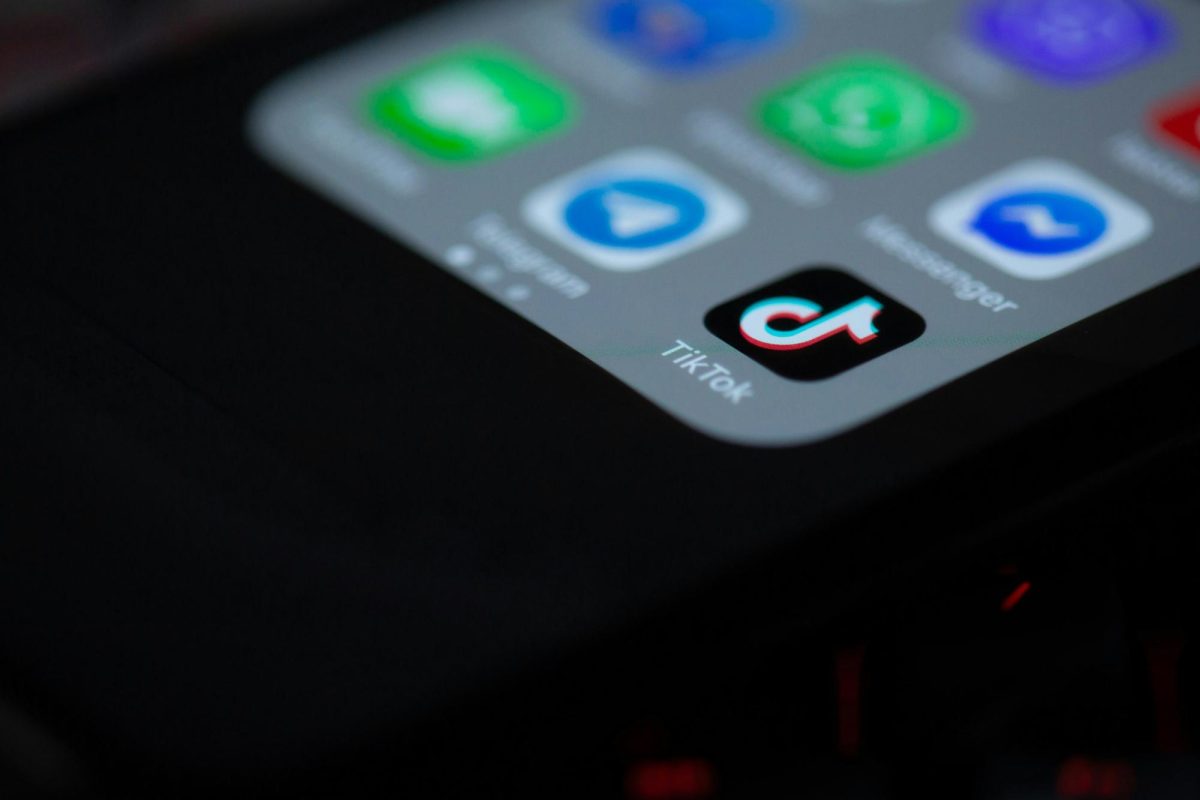In the past few years, TikTok has faced much criticism from the US Government. Being owned and operated by ByteDance, a Chinese company, it has caused the app to come under suspicion with even the CEO of the app, Shou Zi Chew, testifying before the US Congress.
The main fear that TikTok inspires is the supposed possibility of ByteDance handing over the data of millions of US users to the Chinese government. Furthermore, TikTok has admitted to giving data to third parties to enhance the user experience and find content suited specifically to the user. For this reason, the US government is worried that the Chinese government will force ByteDance to hand over US data. On March 13, 2024, the US House of Representatives voted on a bill to ban TikTok from operating in the US or force the sale of the app. Although not yet ratified by the US Senate, the fate of this bill presents three different outcomes.
India was TikTok’s biggest user before its ban in 2020 with 190 million monthly users. That said, America is now TikTok’s biggest user with 107 million monthly users. Needless to say, the app would once again lose its biggest user base with this ban. If the bill is to be passed, it would most likely be a state decision to completely ban the app or not. Furthermore, the House of Representatives had a 352-65 vote, with a majority of senators voting in favor of the ban.
The fate of the app currently looks bleak in America. However, the US Government offers an alternative for TikTok. TikTok will be allowed to sell the app to an American company, thus, taking control out of China and allowing America to monitor the app. This would allow Tiktok to keep its largest market and potentially persuade India to remove their ban on the app in return. In 2022, TikTok generated 9.4 billion dollars in 2022, which makes it seem less likely for ByteDance to sell the very lucrative app.
With all that said, there is still a chance for the bill to not pass in the Senate and the app will remain unbanned in America. Nevertheless, it can be assumed that the app will continue to be brought under suspicion by the US Government.
No matter the outcome, many Americans will be displeased with the result. TikTok’s largest age group is 13-34, which means that younger generations of Americans are more likely to counter to the idea of the ban, while older citizens who do not use the app seem to show little to no interest in the matter.
In the end, the fate of TikTok is yet to be determined, and the nation can only wait for governmental action.















